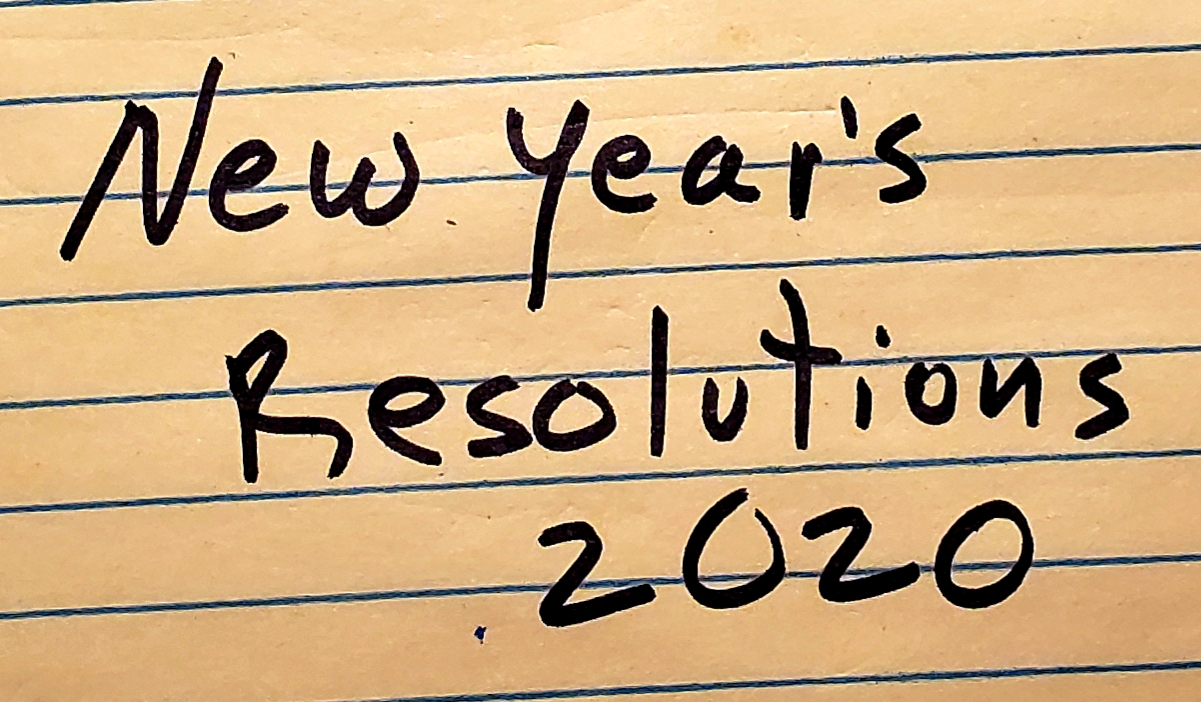 As we come to the end of the year, encouraged by tradition and media hype, many will think about new year’s resolutions and making important changes in their lives.
As we come to the end of the year, encouraged by tradition and media hype, many will think about new year’s resolutions and making important changes in their lives.
Likewise, many will look back on the year just past with disappointment and discouragement over the well intentioned but failed efforts from the previous year’s resolution list.
Frankly, change is hard. It takes more than good intentions to actually succeed in making significant and needed improvements in our lives. Many who undertake plans for things like losing weight, quitting smoking or exercising more, for example, fail to understand the necessary factors which are required on one hand and those which work against change on the other.
Taking a little time to reflect may not only improve your chances of succeeding but also help to help you to avoid the pain of not following through. With these complications and pitfalls in mind, here are a some things to think about before undertaking the challenge of a new year’s resolution .
MOTIVATION and HONEST SELF ASSESMENT — A major element contributing to the success of a resolution is motivation, that is, why is the effort being undertaken. More to the point, the crucial question regarding new year’s resolutions is “Do you really want to change?” Unfortunately , too many folks feel obligated, guilt tripped or shamed into doing something that they really don’t want to or aren’t ready to do. Forced or externally pressured attempts are rarely successful . Success only comes from a sincere and internal desire to act differently.
REALISTIC EXPECTATIONS — Understanding both the essential factors needed as well as the obstacles which must be overcome are essential for change to happen. One’s physical and emotional health as well as financial circumstances are important considerations before taking on a significant resolution. Likewise, clear strategies to compensate for abandoned practices must be in place. For example, someone who calms one’s nerves by smoking, must be clear about how to deal with anxiety without cigarettes.
SUPPORT — No one is able to make and sustain major changes in ones life without adequate support from family, friends and colleagues. Even when changes have been made , everyone needs help with preventing or dealing with normal slips and lapses back into old and unwanted patterns. Real change is not accomplished all by oneself .
TIMING — Just because it is the beginning of a new year doesn’t mean that it is a good time for you to make a change, no matter how good the goal may be. Even when all of the other essential factors are present, sometimes the time just isn’t right. The same is true for timing is as it is for motivation. It is important that change is not driven by an internal feeling of desperation or an arbitrarily compulsed sense of panic. A reasonable assessment of many factors need to be considered before moving ahead with a major change .
For many, the new year brings with it thoughts of new beginnings and hopes for better times. Nonetheless, the turning over of a calendar date does not magically create all that is needed for everyone to make big changes. Perhaps, rather than feeling obligated to make new year’s resolutions, it might be better to use the new year as a time to reflect on and assess the positives in one’s life as well as the aspects which need improvement. From this assessment, one may then develop a realistic plan for change which can undertaken when it makes the most practical sense and has the greatest chance of succeeding
Indeed, the new year is a time to reflect and think about one’s past and one’s future regardless if one desires to change or not . It is important to realize that if the beginning of the new year isn’t the right time for you to make changes, the right time will come. HAPPY NEW YEAR !
Rev. Michael Heath, LMHC, Fellow AAPC 12 /30/2019
*Image attribution and acknowledgement : Rev. Michael Heath



